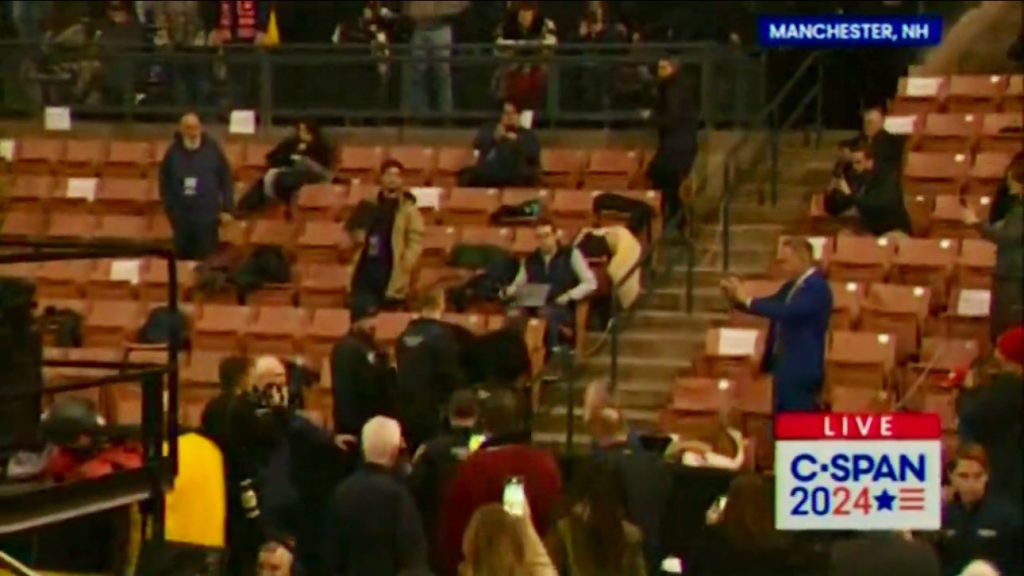Senate GOP Concerned About Declining Trump Enthusiasm

GOP senators are expressing concern over a noticeable decrease in enthusiasm among Republican-leaning voters for former President Donald Trump, as reported by The Hill. This trend became evident when only 15 percent of Iowa’s registered Republicans participated in the recent caucuses, a stark contrast to the higher voter turnout in previous election cycles.
Lawmakers acknowledge that while adverse weather conditions in Iowa played a role in the low turnout, there are broader indications of waning enthusiasm for Trump. This decline in voter energy could potentially impact down-ballot Republican candidates in swing states, especially as they look ahead to the general election.
Senate Republicans are also wary of the possibility that Trump’s challenges could be offset by a comparable lack of enthusiasm among Democrats for President Biden. However, they fear that Trump’s presence at the top of the ticket could galvanize Democratic voters.
Another point of concern for GOP senators is the anticipated fundraising advantage for Biden over Trump. Trump’s financial resources are currently stretched due to his involvement in multiple criminal trials and civil cases, which could limit his campaign’s ability to compete effectively.
The upcoming New Hampshire primary is seen as a critical indicator of voter turnout and sentiment, which could provide insights into the general election landscape. While some Republican senators, like Mitt Romney and Thom Tillis, acknowledge the apparent fatigue among voters for both Trump and Biden, there is a growing apprehension about Trump’s ability to maintain his base’s support.
The Hill’s report highlights the internal conversations and assessments within the GOP regarding Trump’s candidacy and its implications for the party. These discussions reflect the complex dynamics within the Republican Party as it navigates the 2024 election cycle, balancing support for Trump with the broader electoral realities.

